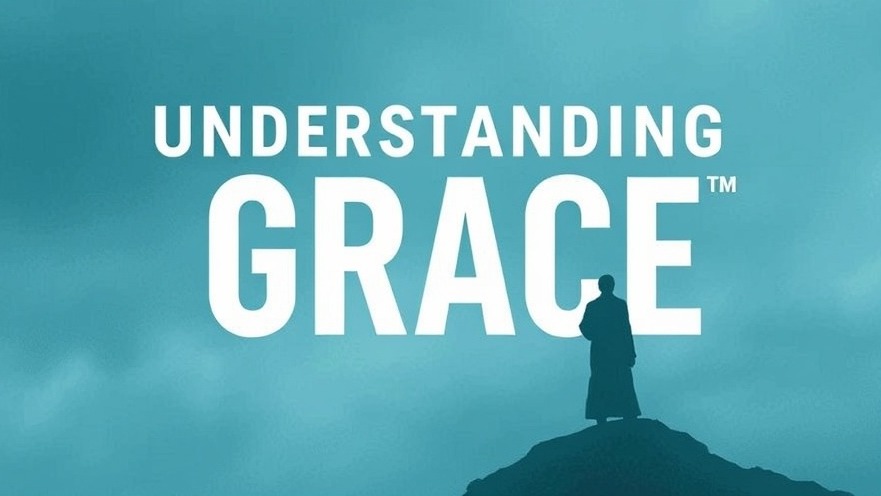
Understanding Grace: The Foundation of Christian Strength
At the heart of Christian faith lies grace—a profound gift that strengthens believers in their journey. In 2 Timothy 2:1–2, Paul encourages Timothy to be strong in grace, showing us that divine empowerment is available for all who strive to grow in their relationship with God. This passage reveals not only the essence of grace but its vital role in equipping believers to engage actively in their faith.
The Active Call to Conquer
Grace is not just a passive experience of God’s love; it prompts us into action. Paul’s exhortation to Timothy reflects a broader Christian commission: believers are called to extend the Kingdom of God through conquering sin, temptation, and the invisible barriers of the spiritual realm. This active pursuit contrasts sharply with the contemporary tendency to view faith as a spectator sport. Instead, grace strengthens us to fight against the challenges we face in our spiritual walk.
The Role of Community in Growing Through Grace
Christianity is not designed to be lived in isolation. In fact, the New Testament consistently emphasizes the importance of community. Strengthening believers through grace often happens within the body of Christ, where mutual support, encouragement, and accountability abound. Hebrews 10:24-25 reminds us to spur one another on toward love and good deeds—illustrating that grace works best within a connected fellowship of believers.
Applications of Grace in Daily Life
Embracing grace impacts our daily lives significantly. When we recognize we are unworthy yet loved, our attitudes toward ourselves and others shift. Grace invites us to forgive others as we have been forgiven and to extend kindness even when it feels undeserved. It empowers parents to guide their children with patience, encourages young adults to navigate life’s uncertainties with faith, and inspires church leaders to serve selflessly.
Grace in the Context of Trials
Life is replete with challenges, and the Christian journey is no exception. However, grace offers us strength to withstand trials. In 2 Corinthians 12:9, Paul states that God’s grace is sufficient for us, highlighting that our weaknesses make room for His strength to shine through. This assurance is foundational for committed Christians, especially as they encounter personal or communal challenges. Recognizing divine strength in hardship leads to resilience and deeper faith.
Future Insights: The Continuation of Growth in Grace
As we reflect on being strengthened by grace, we are tasked to contemplate how we will continue to grow. Grace is not merely a starting point but a lifelong journey. As believers, engaging in prayer, studying Scripture, and participating in community are essential for continued growth. Each act of faith enriches the grace we experience and equips us to face both present challenges and future ones.
Conclusion: Responding to Grace
In conclusion, we are reminded that being strengthened by grace is an invitation to engage actively in the life God has called us to. It summons us to rise up, exercise our faith, and share God’s love in every sphere of life. As we grow, let us embody this transformative grace in our actions, impacting those around us and fulfilling our mission as believers.
Now is the time to seek greater strength through grace. Whether connecting with fellow believers, diving deeper into Scripture, or stepping into service, respond to the call of grace in your life. Explore resources, join a small group, or participate in community initiatives at your local church.
 Add Row
Add Row  Add
Add 








Write A Comment